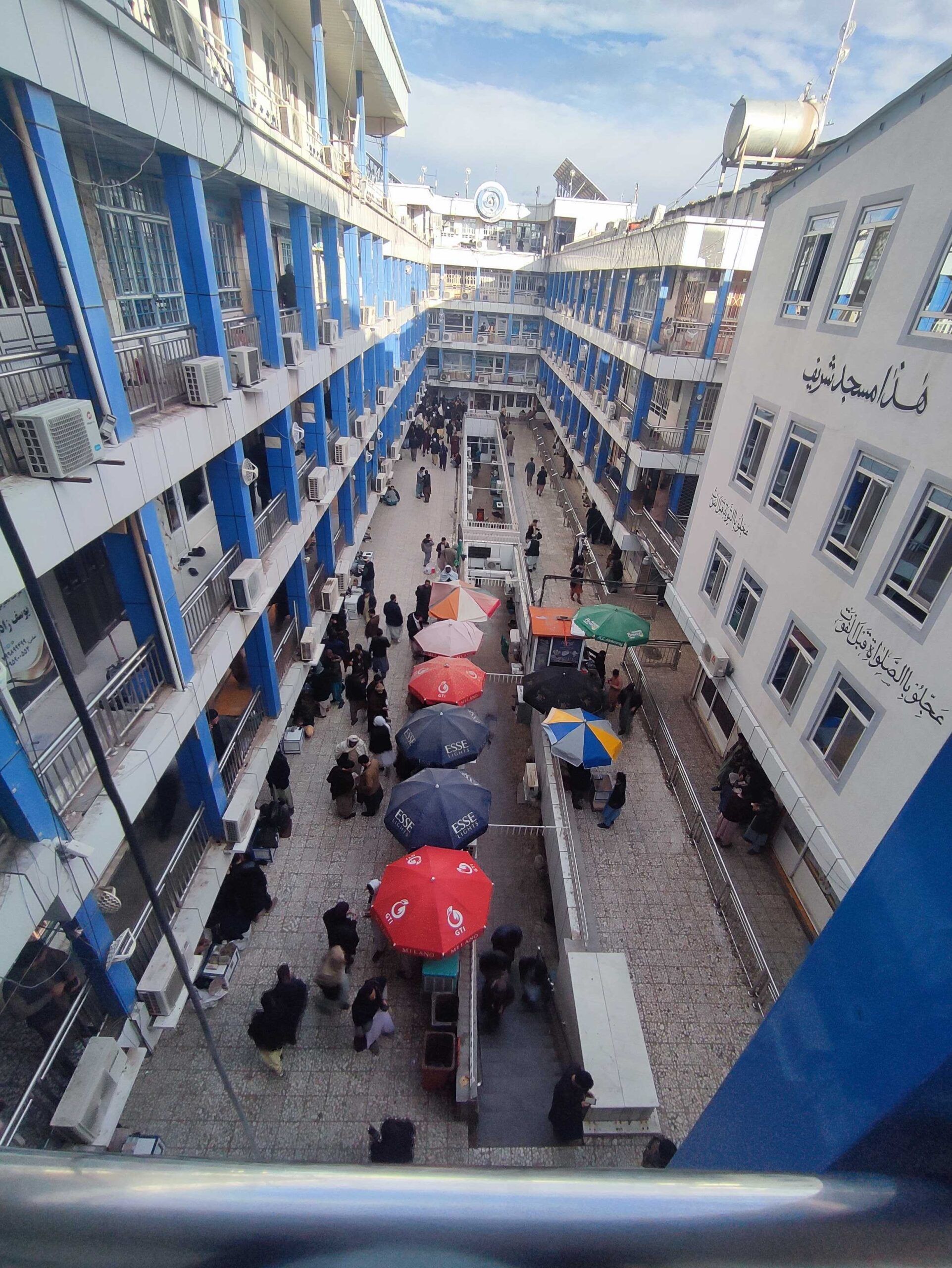Afghan history spans more than 5,000 years. But in recent decades, turmoil has been unrelenting. Since the Taliban seized power in 2021, many Afghans fled the country. The ones who stayed are hopeful that their lives will be improved with the help of decentralization and the rising use of cryptocurrencies.
Since the Taliban took over, everything has changed – from the people in control, to the national flag, even the country’s name – the Islamic Emirate of Afghanistan.
Can crypto really help or is it a waste of time?
BeInCrypto (BIC) conducted an exclusive interview with Atiqullah Mohammadi. He is a local crypto dealer and trader. Mohammadi has been trading and exchanging crypto with fiat for the past two years in Herat. He told BIC about the challenges he faces tying to use cryptocurrency.
“We cannot purchase crypto with our bank accounts or credit cards due to their very high fees. We have to contact someone in the other developed countries. Of course, that will come with extra fees but much less than what our banks ask for.”
In Afghanistan, if you want to buy crypto, you must go to a local crypto dealer and trade some crypto for fiat. Accepted currencies are either the US dollar or the Afghan Afghani. Withdrawals are the same – people can’t withdraw to their bank accounts. They still have to trade with a local crypto dealer.
Iran, Venezuela, Nigeria, Kenya and the Philippines have all recently faced financial crisis. El Salvador formalized Bitcoin as their national currency to escape financial problems. But there is a huge difference. Afghanistan’s literacy rate is just 43% according to the data provided by the UNESCO Institute of Lifelong Learning. It means that nearly 21 million Afghans cannot read or write.
Afghan isolation: Help from abroad
According to Mohammadi, “Many of my customers just get crypto from their relatives abroad. They can’t get money using other services or sometimes the fees are very high. People don’t want to send or receive money to/from other countries.”
With the rise of the Taliban, money transfer services like the Western Union discontinued their mission in Afghanistan. This makes cryptocurrencies the ultimate choice for many with ideal transaction speed and much lower fees.
Mohammadi started a small crypto academy a few months ago. He said, “My friends and customers are more than happy to teach others about crypto, at least for worldwide transactions, if not trading. With the help of decentralization, we can hopefully get back to the world and build our economy from zero. It’s not all about trading cryptocurrencies. Blockchain technology has unlimited use cases. The Taliban should make it their priority because if they don’t, it might soon be too late.”
The other side of the coin
Currently, Afghanistan is in the middle of a financial crisis and price of basic goods are rising too fast for locals to keep up. The country is on the verge of collapse and it has been reported that people are selling their children for money and food.
The Taliban have not announced any regulations about crypto yet. But local users are pessimistic. A crypto trader who doesn’t want his name to be shared told BIC that “they [the Taliban] don’t have the literacy and knowledge necessary for ruling a country.” He added, “The Taliban might just ban the use of crypto just because they don’t know what it is. They might take action before even asking or researching it.”
In addition, the Taliban have banned the trading of fiat currencies like the US dollar, Iranian Toman, Pakistani Rupee and a few others in local fiat exchange markets to control inflation. A local fiat exchange owner said, “The Taliban might even open fire on someone trying to get US dollars out of the market.”

How active are Afghan people in the crypto industry?
Afghanistan was ranked 20th in the 2021 Global Crypto Adoption Index by Chainalysis among 154 countries. Mohammadi said, “This makes me hopeful and more than happy. It looks like some of the 43% of literates use their time and knowledge wisely. Although most people get into crypto because they see someone make some money in it, there is a great chance that our people and government can use this tech for a much greater purpose.”
Ruholamin Haqshanas is a crypto-journalist and trader. He said, “I view crypto as a window to economic freedom. Given that the majority of Afghans do not have access to banking systems. And they can’t have access even if they want to, because of the excessive set of obligations that very few can meet. Crypto is the best alternative. It can provide a means of interacting with the world for the economically isolated people of Afghanistan.”
He continued, “Another vital role for crypto inside Afghanistan is its usage for transferring donations to people in need.” The Taliban has sanctions placed up it by the US and the United Nations. “This has adversely affected humanitarian assistance previously provided by international non-profits. However, using crypto, these organizations can sidestep any barriers and deliver donations directly to people in need.”
Cryptocurrency adoption is in its early stages in Afghanistan. The question remains, will the Taliban prove their commitment to the country’s growth?
Want to discuss Afghan traders or anything else? Then join our Telegram group.
Disclaimer
Following the Trust Project guidelines, this feature article presents opinions and perspectives from industry experts or individuals. BeInCrypto is dedicated to transparent reporting, but the views expressed in this article do not necessarily reflect those of BeInCrypto or its staff. Readers should verify information independently and consult with a professional before making decisions based on this content. Please note that our Terms and Conditions, Privacy Policy, and Disclaimers have been updated.


